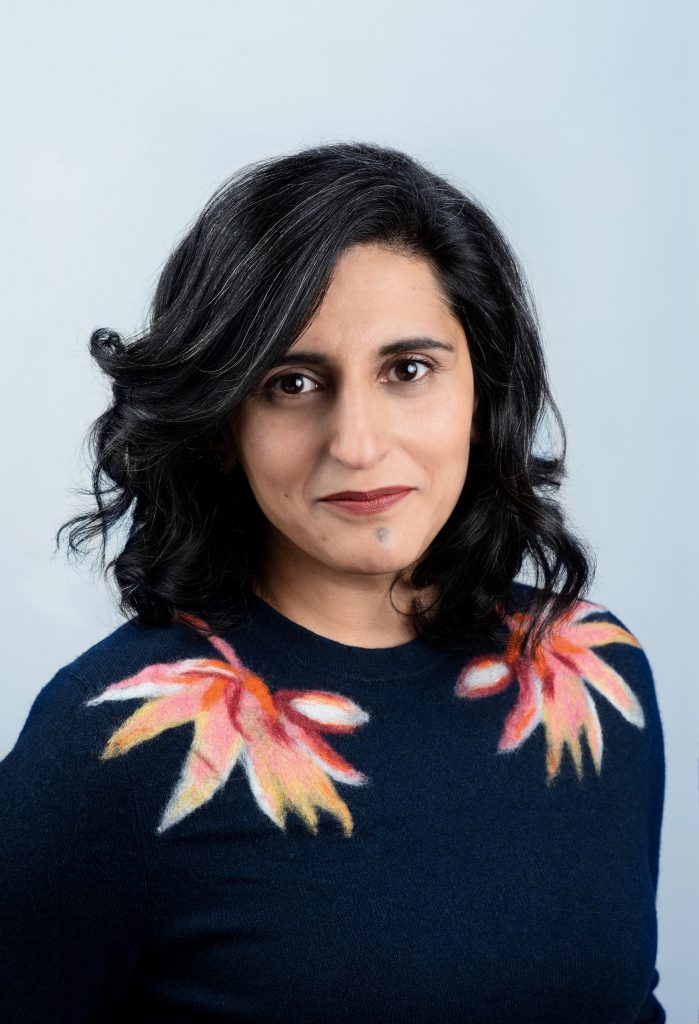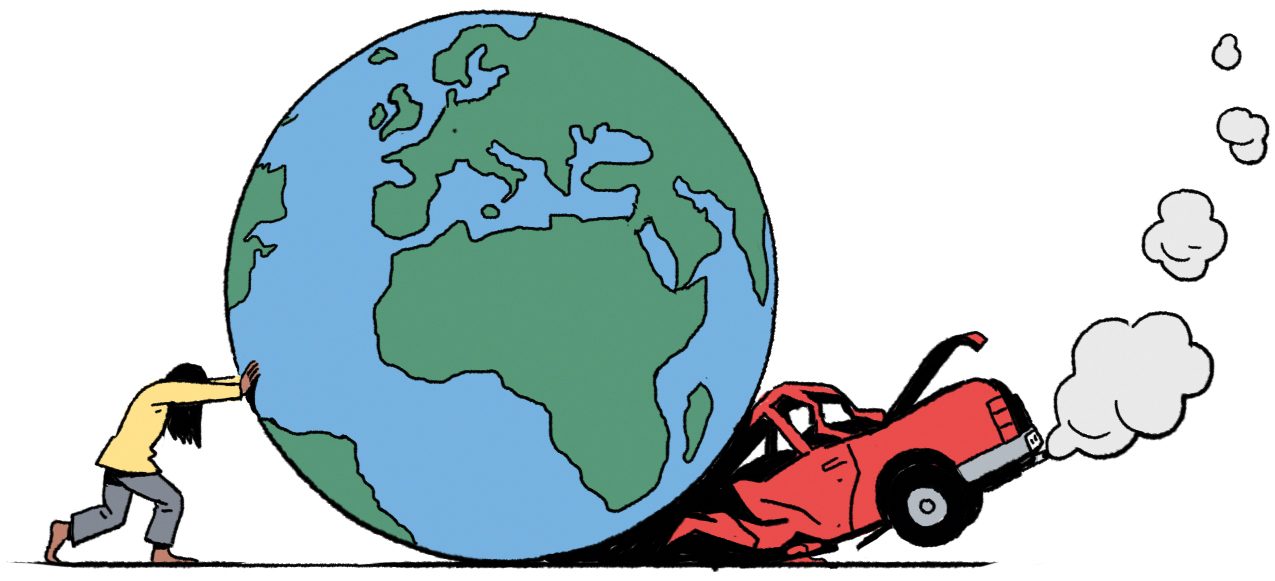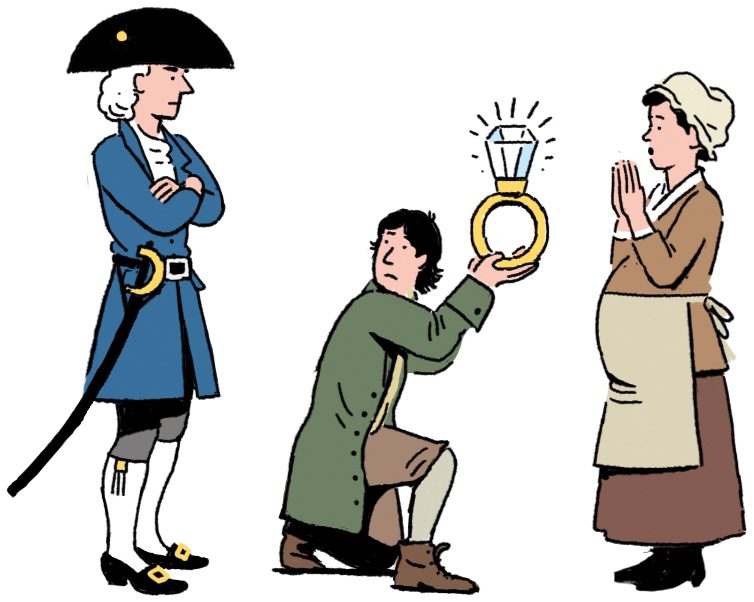Inbox 89

Editor’s letter
Welcome to the Lent Term edition of CAM. Living through dark times can be challenging. It takes resilience, courage and, above all, hope. But what is hope exactly?
And why is it (along with progress – but we can leave that for another day) contested territory? We report on the role of hope in the human psyche, where it comes from and how to get more of it.
It takes optimism to launch a religious revolution – and steely determination to impose it upon an empire. But was King Amenhotep IV a high-minded social reformer or a megalomaniac bent on imposing his will? Welcome to reformation and counter-reformation, ancient Egyptian style.
Dr Kristian Franze explains the mind-blowing science of brain mechanics and elsewhere, we investigate the buzz around Cambridge’s electrochemists, who are working on grabbing electricity out of the air, from plastic eating bugs and from space ice.
On all these topics – along with all other things Cambridge related – we look forward to your contribution to the debate by post, email or on social media.
This issue of CAM was produced before the current Covid-19 crisis. If you’d like to read the latest updates from the University, please visit our website – and wherever in the world you are reading this, we hope that CAM proves a welcome distraction.
Mira Katbamna (Caius 1995)
Inbox
How to be modern
I much enjoyed CAM 88 and found the article on ‘decolonising the curriculum’ particularly useful in explaining what this is about. I admit that my hackles had been raised by press and TV reports of statues being knocked down, names being changed, etc, in apparent attempt to obliterate past history. But part of my problem, and that of others with whom I have discussed the phenomena, has been the name. The widening and deepening of the curriculum and the understanding and possible adoption of alternative viewpoints are wholly admirable. And wholly within the academic tradition. So why the misleading name?
Brian Luker (Sidney Sussex 1955)
Few would dispute that cultural canons are not set in stone, and we are all better off for discovering and rediscovering new ways of thinking and writing. And looking to other countries, as well as to the past, is an eminently sensible way of doing so. If that is what ‘decolonisation’ stands for, surely we are all its apologists. Why then all the fanfare and manifestos?
On the other hand, those who merely wish to inject greater ethnic diversity in the curriculum rather than enrich our collective culture, are putting the cart before the horse.
Anton Moiseienko (Hughes Hall 2013)
On decolonising the curriculum: I appreciate that climate change, the rise of AI and other changes necessitate the constant reviewing of the curriculum, but not the downgrading of the study of western civilisation.
If Cambridge is not going to continue providing an education in British and western civilisation, I shall be suggesting to my grandchildren that they apply elsewhere – perhaps Durham?
David Orton (Churchill 1962)
My room, your room
The current issue of #CAM, the alumni magazine of @Cambridge_ Uni, contains a particularly intriguing piece for My room, your room: Lady Hale, President of the Supreme Court of the United Kingdom (@UKSupremeCourt) returns to her old room at Girton!
Anna Katharina Mangold (Lucy Cavendish 2009)

Zero carbon
It is good to hear about the Cambridge Zero initiative. As a scientist, I think that we already have the technologies to emit much less carbon dioxide. What we are lacking is the economic and political structures to drive the radical changes in expectations and behaviour that are needed to implement the science. These are the priority areas for new work.
John Heathcote (Queens’ 1973)
Dr Shuckburgh’s exhortation is correct, but it is hard to convince people of the need for the measures she underlines. There are already too many humans on Earth, and the long-term aim must be to initiate a steady decline in numbers until we reach a compromise at which a considerably reduced western standard of living becomes the accepted global norm. This is not a popular idea, and produces accusations of everything from racism, through sexism, to latent eugenic tendencies. So the change should start with the prosperous north and west, with impetus supplied by the UN. But the message needs to be sent to all governments, perhaps through a refinement of the UNSDGs. As Dr Shuckburgh says, it will be more comfortable to manage them, than fight our way out of chaos.
John Moss (Pembroke 1958)
I’m glad to see CAM covering the climate emergency, saying [Cambridge] “will help to train up the next generation of leaders with the skillset to navigate through the coming decades” and the Vice-Chancellor stating: “When other institutions are perceived to be failing their societies, our University must step up” to support the transition to a zero-carbon future.
All laudable sentiments but the climate emergency requires urgent action now. It’s far too late for delaying tactics, more fine words and long-term aspirations – what we do in the next ten years is critical. And the University refuses to divest from its massive investment in fossil fuels and it continues to accept huge donations and research grants from fossil fuel companies. Actions speak louder than words.
Rebecca Lawson (St Catharine’s 1986)

Bastardy books
I was interested to read Dr Williams’ article about bastardy books. By chance, I had just finished reading A Country Parson: James Woodforde’s Diary 1759- 1802. His entry for 25 January, 1787 reads: “Rode to Ringland this Morning and married one Robert Astick and Elizabeth Howlett by Licence… the Man being in custody and the Woman being with Child by him. The Man was a long time before he could be prevailed on to marry her when in the Church Yard; and at the Altar behaved very unbecoming. It is a cruel thing that any Person should be compelled by Law to marry… It is very disagreeable to me to marry such Persons.” A footnote explains that, by a clause of the Bastardy Act of 1733, “the marriage of the woman caused the release of the man from penalty. Hence, in numerous cases, if the man could not indemnify the parish, he preferred wedlock to imprisonment.” I look forward to reading Dr Williams’ book.
Deirdre English (nee Mills) (Homerton 1961)
King Arthur’s table
I was very proud to appear in last term’s CAM magazine, a publication I have long read with admiration, and it was lovely to have my relationship with my supervisor Liba Taub recorded in such a beautiful photo.
However, I must point out that I was not responsible for recognising that the Equatorie was by the English Benedictine monk John Westwyk! In fact, it was Professor Kari Anne Rand, of the University of Oslo, who identified his handwriting. Professor Rand and I worked as part of a larger team on the project, led by Scott Mandelbrote of Peterhouse, to digitise the Equatorie manuscript for the Cambridge Digital Library. The results can be viewed here – CAM readers might enjoy playing with the virtual equatorium they will find there.
Seb Falk (Homerton 2011)
Human rights in a digital age
Latest edition of Cambridge Alumni Magazine provokes with an article on how are human rights changing in the digital age. Does freedom of speech trump intrusion of privacy? How can we work with ‘social platforms’ to negotiate the use of our behavioural data as a commodity which can shape wider outcomes whilst respecting the freedoms they give us?
Emma Sands (New Hall 1992)
I enjoyed the human rights article very much – great job!
Slaven Stekovic (Homerton 2018)
Praise
Great articles, great issues, great read, every issue!
Edmond Salter (Wolfson 2012)
Write to us
We are always delighted to receive your emails, letters, tweets and facebook posts.
- By email
- cameditor@alumni.cam.ac.uk
- By writing
- CAM, 1 Quayside, Bridge Street, Cambridge, CB5 8AB
- By Twitter
- @Cambridge_Uni
- By Facebook
- facebook.com/cambridgealumni
Please mark your letter ‘For publication’. Letters may be edited for length.



